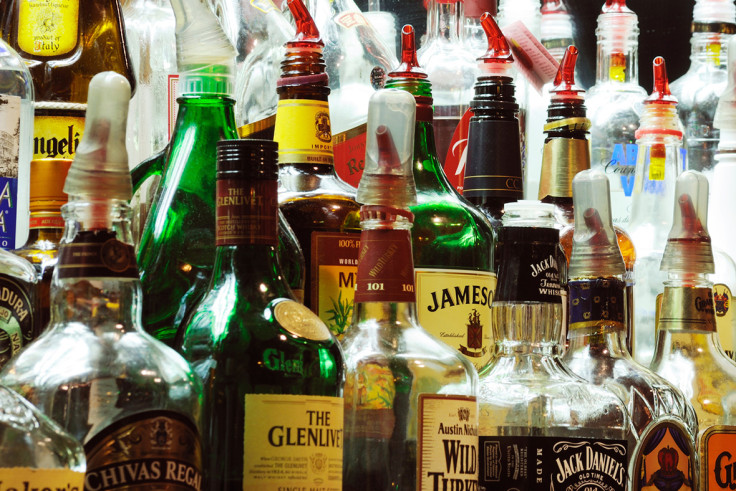Can ketamine prevent alcohol relapse? Drug's antidepressant effects could help alcoholics
Study will assess if abstinent alcoholics can benefit from a conjunction of ketamine and psychotherapy.

UK scientists are currently recruiting volunteers to research the use of the drug ketamine as a treatment for alcoholism. The study, funded by the Medical Research Council, will specifically look at whether receiving injections of ketamine in conjunction with psychological therapy can prevent abstinent alcoholics from relapsing.
Ketamine is an anaesthetic which is known for its potential to treat depression, although it also has major side effects – including hallucinations – and has the potential to be abused because of its addictive nature.
Previous studies in mice have suggested that ketamine could produce changes in our brains that make it easier to make new connections and learn new things in the short-term.
This is an interesting find in the context of alcoholism research. Indeed, the scientists working on this project – from the University of Exeter, UCL and Imperial College – hope that giving ketamine to people with alcohol addiction could make the sessions of psychological therapy more effective.
They also believe that the antidepressant properties of the drug could alleviate symptoms of depression as people struggle to stay abstinent.
96 abstinent volunteers
The study – known as 'KARE' (Ketamine for Reduction of Alcoholic Relapse) – aims to recruit 96 recently abstinent volunteers with severe alcohol use disorder, commonly referred to as alcoholism. In the UK, close to four million people are affected by the condition.
Participants will be given a low-dose of ketamine by injection once a week for three weeks in conjunction with seven 90 minute sessions of psychological therapy. A group of 'controls' will also be recruited in order to assess the effects of ketamine. These participants will also go through psychotherapy, but they will be injected with a placebo saline solution instead of ketamine.
Because the aim of the study is to see whether ketamine reduces the probability of a relapse, all participants will be asked to wear a device on their ankle that will monitor their alcohol intake over the following six months by measuring the level of alcohol in their sweat.
The researchers are hopeful most relapses will be avoided thanks to ketamine, as they have found that three doses of ketamine in conjunction with psychological therapy reduced average 12-month relapse rates from 76% to 34 % in a pilot study.
Mild side effects
Side effects of taking ketamine may include mild changes to participants' vision and hearing during the infusion of ketamine.
Responding to concerns that a use of ketamine may trigger new addictions in participants, the scientists say that if used in a controlled environment, ketamine is a safe drug and is not addictive. They add that the doses given in the study will be far lower than the ones needed to make the drug work as an anaesthetic.
"Previous research has told us that ketamine is a well-tolerated drug and can help alleviate the symptoms of depression, with a pilot study suggesting that it could cut alcohol relapse rates by more than half", says project lead, Professor Celia Morgan from the University of Exeter.
"This trial will allow us to examine whether ketamine, combined with therapy, can indeed help people stay abstinent from alcohol".
© Copyright IBTimes 2025. All rights reserved.





















